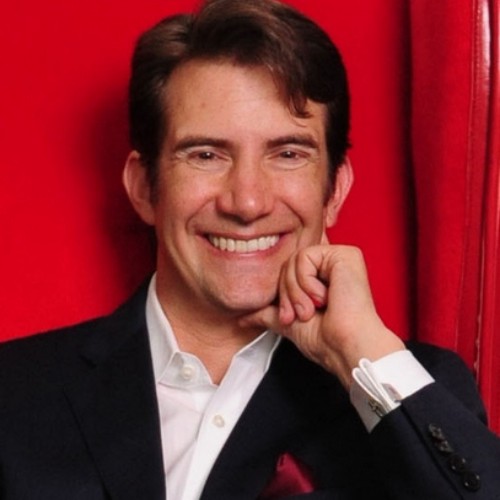The cornerstone of the American dream is and always has been hard work. Deeply ingrained in our psyche is the belief that if you push hard enough you’ll eventually get there if for no other reason than the sheer force of your effort. One of the many factors that separates successful entrepreneurs is their innate grasp of the fact that the American dream requires a lot more than just hard work, it’s also about smart work.
Over the years I’ve had the opportunity to work with and interview numerous executives and entrepreneurs. What I have found is that these individuals attribute a lot of their success to what they refer to as think time. In other words, the time they spend reflecting, exploring, learning and strategizing to prepare themselves for the next move. To better understand this I recently had the opportunity to partner with EY on a survey of 102 top entrepreneurs and executives in attendance at the 30th Annual EY Entrepreneur of the Year Awards. What we found was that over 41 percent of the entrepreneurs and executives we surveyed reported setting aside more than 20 percent of their week to focus on new business ideas and innovation. Another 37 percent reported spending between 10 and 20 percent of their week on these smart work thinking activities. Essentially these high achieving individuals dedicate a good portion of their busy schedules to extract themselves from the busyness of everyday work-life to take think time.
Scale Back to Soar Forward
Whether you are an entrepreneur or an aspiring manager true upward mobility starts with redefining what “work” means. One of the greatest challenges budding entrepreneurs and new managers face is scaling back busy time so as to carve out think time. Think time is about pulling yourself off the treadmill of daily busyness to reflect on where you’ve been and explore where you want to go. In my interview with Jodi Berg, PhD, President and CEO of Vitamix, she explained that part of becoming a leader is “defining the space that you’re ultimately responsible for and owning that particular space.” To accomplish this you must continually take the time to reflect and educate yourself so as to better understand who you are and how you can best lead in that space.

Jim Barnett, CEO and Co-founder of Glint agrees. During our conversation he explained that “a leadership team must be a virtuous circle of continuous learners.” Barnett describes virtuous learning as proactively soliciting and receiving feedback and then carving out the time to reflect on that feedback while still tending to the day-to-day. The idea is to strike a balance between learning and doing so that you can continually evolve as a leader. Successful leadership in any endeavor requires keeping one eye on the present and one eye on the future.
Stop Being So Nosey
Part of pulling back from purely engaging in hard work means letting go of the urge to involve yourself in everything. In a conversation I had with Rita Gurevich, founder and CEO of Sphere Technology Solutions and 2016 inductee into the EY Entrepreneurial Winning Women program, she explained that “I’m very hands-on and I’m very nosey, so I like to have my eyes and ears everywhere.” However, as Gurevich grew as a leader she realized this mentality was holding her back. Early on she didn’t have a big team so it was easy to be involved in everything, but as time went on she found that “in order for the business to grow you have to dedicate a lot of time to thinking about the business.” She went on to explain that “ideas and opportunities don’t always come easily or quickly. Ideas take cultivating” and you have to carve out the time to deliberately reflect on the past and think about the future. Gurevich learned how to channel her nosiness towards strategizing for the future, which has served her well.
Turn off Your Radio
Finding think time isn’t always easy Berg explains, so at times you have to find ways to work think time into your routines. “I don’t usually listen to the radio in the car and I try not to talk on the phone, so I spend a lot of time in the car just thinking” says Berg. She also shared that “every afternoon between about two and three I have a cup of tea.” For Berg this is the time of day where she takes a couple of minutes to reflect on how the first two-thirds of the day has gone and whether or not she needs to make any course corrections. Either way, she notes that taking think time is critical because “it’s very grounding to think” and it’s important to have that time for yourself.
Hard work is no doubt a critical component to success. However, it’s just that, a component. What often gets lost is the thinking part of work. We all get stuck on the treadmill of our work lives, seldom questioning where we are going or why we are even there. The true mark of entrepreneurial success isn’t how busy you are, it’s how effectively you keep yourself from falling prey to the vicious cycle of busyness! Any successful rise as a leader requires mastering the discipline of think time.
Originally published at medium.com


